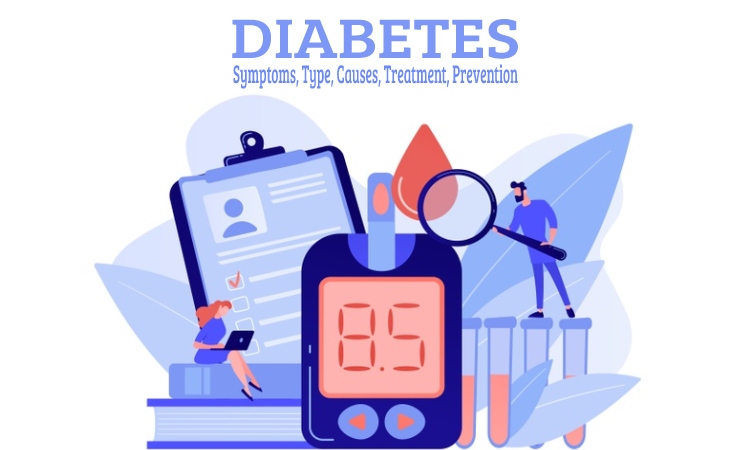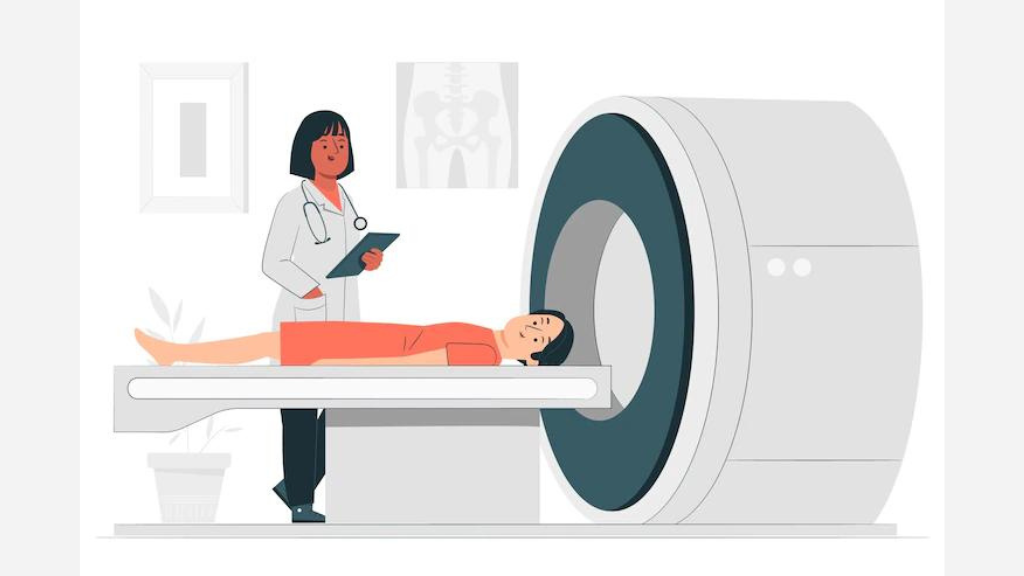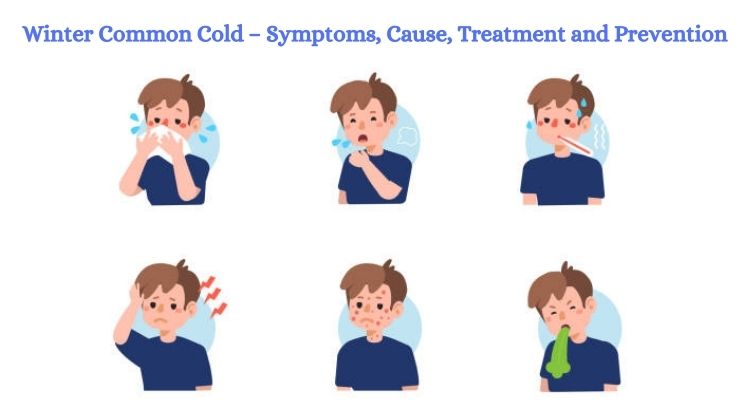Dengue Fever Causes, Symptoms,Treatment, Prevention and Test
.png)
As humans, we need to live healthy lives, but illnesses are also part of life. It is pretty normal to fall sick once in a while and head to the nearest medical facility for diagnosis and treatment. Fever is one of the most common sicknesses that people usually get, and it can be linked to various diseases, viruses, infections, and other things. Dengue is a similar condition where fever is considered to be a defining factor.
Dengue is a mosquito-borne illness contracted from the bite of an infected mosquito. There are four dengue viruses, one of which could be affecting the mosquito at the time of the bit, which causes the virus to transmit and infect the victim. An infected Aedes mosquito can carry the virus and transmit it to a human through biting.
A Brief Description Of Dengue Fever
As mentioned earlier, dengue manifests into fever and other flu-like symptoms. This is because the mosquito responsible for carrying one of the four dengue viruses, or DENV, ends up transferring the disease when it bites a human being. These DENV viruses are common in tropical or subtropical areas like the Indian Subcontinent, South Asia, Africa, Southern China, Taiwan, Mexico, the Caribbean, and many more. The dengue viruses are the ones known for causing yellow fever as well as the West Nile infection.
Initially, dengue causes a mild infection, resulting in flu-like symptoms coupled with a high fever. The illness is not contagious; hence, there is no chance of contracting the disease from an infected person. However, things can take a drastic turn if the person happens to get infected with a different version of DENV. Then the condition becomes severe, and they may risk developing further complications.
The virus enters their bloodstream as the infected Aedes mosquito bites a human being. Once inside, the virus starts off making copies of itself. To this, the immune system will start reacting immediately. The immune system's reaction, coupled with the virus attack, may make you feel sick. The Aedes mosquito is also known for being the carrier of Zika and Chikungunya viruses.
The virus starts damaging certain areas within the blood vessel responsible for forming clots. As the virus infiltrates and the immune system gets activated, it will cause some chemicals, which may further cause blood to leak out of the vessel. This is how internal bleeding may occur in severe dengue cases, otherwise known as dengue hemorrhagic fever.
What Are The Symptoms To Look For In The Case Of Dengue Fever?
The tale-tell signs of dengue may vary from person to person based on the severity of the infection. As mentioned earlier, most of those affected may not even experience any symptoms. But, again, the symptoms are so similar to other illnesses that when they occur, they may get mistaken for something else entirely. Mild symptoms are very confusing in the case of dengue fever, and it may take time for the diagnosis.
Symptoms' onset may only occur 4-10 days after the bite has been received. The most typical symptom of dengue is a high fever going as high as 104°F or 40°C. However, the fever can suddenly occur and resemble flu-like symptoms, such as body aching, joint and muscle pains, rashes, etc.
Apart from fever, there are other symptoms such as pain in the eyelids, headaches, nausea or vomiting, fatigue, mild bleeding from easy bruises, swollen glands, etc. In mild cases, the symptoms typically last upto one week. However, in the case of severe dengue or dengue hemorrhagic fever, the symptoms may dissipate, but the risk remains and can even be deadly.
Dengue hemorrhagic fever or dengue shock syndrome is a rare complication that severely affects the human body. Once the fever goes away, the chance of developing severe dengue increases within 24-48 hours. In this case, apart from fever, it may cause damage to the lymph and blood vessels, bleeding from the gum or nose, stomach ache, difficulty breathing, liver enlargement, circulatory system failure, irritability, or restlessness. It is considered a medical emergency as the patient's condition dramatically deteriorates and may even be fatal.
Children, pregnant women, older adults, and people with a weaker immune system are more susceptible to Severe dengue or dengue hemorrhagic fever or dengue shock syndrome (DSS). Therefore, the signs and symptoms of severe dengue fever need to be recognized as early as possible. The severe dengue state occurs when the patient has internal bleeding caused by dropping platelets in the bloodstream.
Key Symptoms of Dengue
-
High fever (104°F or 40°C).
-
Body ache and muscle pain.
-
Nausea & vomiting.
-
Stomach or belly ache.
-
Skin rashes.
Severe cases start to surface after the fever goes down, and the key symptoms include;
-
Severe belly ache and tenderness.
-
Persistent vomiting and spewing blood.
-
Bleeding from the nose or gum or urine.
-
Severe fatigue or tiredness.
-
Restlessness or irritability.
-
Difficulty in breathing properly or rapid breathing.
Diagnosis & Treatment Required For Dengue Fever
Dengue is diagnosed through blood tests. The blood test typically checks for any signs of viruses or antibodies. In addition, the patient has to be clear about the symptoms and any suspicion they have. For instance, if you have recently been to a tropical area, you may have a chance of contracting dengue from a mosquito bite.
How Is Dengue Fever Diagnosed?
However, coming back to the tests, the medical personnel will draw a small blood sample from the patient’s veins. This sample is stored and labeled safely and then sent to the lab for testing. The lab will determine if the patient has the dengue virus in their system.
They can also tell which one is present in the bloodstream among the four different types of dengue viruses. This information is important as the patient may gain a longer immunity from the particular type of dengue virus after they have recovered. If the blood test does not return positive, the lab can also look for other diseases that may cause similar symptoms.
How Is Dengue Fever Treated?
Your doctor will advise going down for a blood test when they have certain reasons to believe that the symptoms might be dengue. Unfortunately, even though the results may clearly state to be dengue positive, and the doctor has also diagnosed dengue, no specific medication is available for treating a condition like dengue.
The healthcare provider will tell you exactly what to do, as no medications are available. They will recommend a way to deal with the situation. They may include a few painkillers to relieve the pain. However, aspirin medications should be strictly avoided, as they can increase bleeding.
In the case of mild dengue, the doctor will advise you to rest appropriately and drink plenty of fluids. However, if the fever goes down after a few days, but the patient still feels extremely sick, it is time to go to the nearest medical facility and see a doctor. Severe dengue fever cases need to be treated immediately to avoid further complications. If left untreated, it can be deadly.
Details About The Dengue Fever Test
A dengue fever test is recommended for anybody with symptoms suspected to be dengue. The test is required to have confirmation of the subject. In addition, the doctor may ask you about your recent travel history to locate where the patient may have contracted the virus.
NS1 Antigen Test For Dengue
A few tests are available for diagnosing dengue, and the NS1 test is one of them. This test is recommended within the first week of contracting the virus. It is a very sensitive test and can only detect dengue in the acute phase of the contamination. Though the test may reveal if you have dengue or not, it will not provide any serotype information.
Dengue IGG/IgM Antibody Test
Secondarily, there are IGG and IGM tests available that can also detect dengue viruses. The test looks for dengue antibodies in the blood. If the test comes positive, it indicates the patient may have been infected in recent weeks. Therefore, this test can be recommended only after five days or more. The IGM test may also be positive for similar viruses or infections, such as Chikungunya.
Can Dengue Be Prevented?
It is very hard to be aware when you get bitten by an Aedes mosquito carrying any of the four dengue viruses. However, to prevent getting affected by dengue, you need to stay away from getting bitten by a mosquito. The other way to avoid dengue is through vaccination.
There is one vaccination, though, available only for kids between the age of 9 and 16 who have already once recovered from dengue. The vaccine is called Dengvaxia. Yet, no vaccines are available to treat the general population and prevent the virus from ever affecting humankind.
As mentioned earlier, dengue-affected Aedes mosquitoes are primarily found in tropical or subtropical areas. However, there are certain precautions that you can take that may help prevent dengue infection. Here are some ways to avoid mosquito bites and thus prevent dengue.
-
As mosquitoes carry the disease, it is important to reduce the chances of a mosquito bite. So, by using mosquito repellent, you can reduce your chances of being affected. In addition, if you have an air conditioner at your disposal, that can also work as a mosquito repellant.
-
Mosquito repellent can be used only when you are indoors. However, when you are going out, make sure to wear something that covers your skin as much as possible. Mosquitoes generally come out at night; hence, it is advised not to expose much skin during nighttime outings.
-
Standing water is the breeding ground for mosquitoes. Aedes mosquito also takes birth in standing water or stored water in any container, pond, or personal pool.
-
Also, cover any opening, so mosquitoes don’t enter your living area. Finally, keep the windows and doors closed after nightfall, preventing the dangerous Aedes mosquito from entering your safe space.
-
If you don’t have AC and nothing can be done about the openings, then it is wise to use a mosquito net at night.
Who Are At High Risk Of Getting Affected By Dengue Fever?
Dengue is so common that it nearly infects 400 million people in a year all over the world. However, 80% of those who get infected stay in an asymptomatic state. The rest of the 20%, amassing over 90 million people, will show symptoms and may even get severely sick.
Severe dengue symptoms may be risky, especially for children, pregnant women, and elderly people. Other external medications may also put one at risk of getting affected by severe dengue symptoms when consumed over a more extended period. For example, antiplatelet agents, anticoagulants, steroids, or other medicines may cause the situation to deteriorate. These medications are known for suppressing the immune system; hence, when the virus attacks, the immune system is not at its best to fight it off, causing the situation to go south.
What Food Items To Eat In Dengue?
Dengue viruses can exhaust your immune system causing your condition to deteriorate severely. This is why the patient needs to eat food rich in protein and iron. As dengue may cause internal bleeding, these nutrients will help bring up the platelet count and prevent any chances of anemia. Chicken, lean red meat, fish, milk, eggs, beans, peas, lentils, fruit juices, water, and other healthy nutrients are to be taken during this time of distress.
Why Dengue Brings Down Dengue Platelets? Relation Between Platelet Down And Dengue.
Platelet count directly affects the immune system of the body. And in the case of dengue fever, the platelet count severely decreases. This is because the bone marrow gets suppressed, preventing platelet formation. As the virus affects the blood cells, it directly causes platelet damage. The dengue antibodies destroy the majority of the platelets.
This drastic platelet drop occurs within 3-4 days of contracting the virus. In the case of mild dengue, the platelet count will get back up after a week or by the 8th or 9th day.
Dengue Report Reading & Test Prices
When you get the result reverted to you, you can ask the medical facility to describe to you what the result states. Dengue positive or dengue negative will be mentioned within the results. Still, for further information, you need to have medical experience or talk to someone experienced.
The best thing to do is to take the reports to the doctor and ask them to interpret them. They will tell you all that you need to know and do. The price for dengue tests may differ from one clinic to another. Governmental facilities may change significantly less or nothing at all. In either case, it is not advised to leave the condition untreated.













Comments List